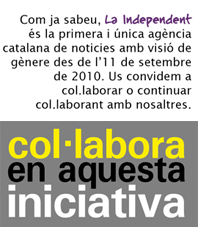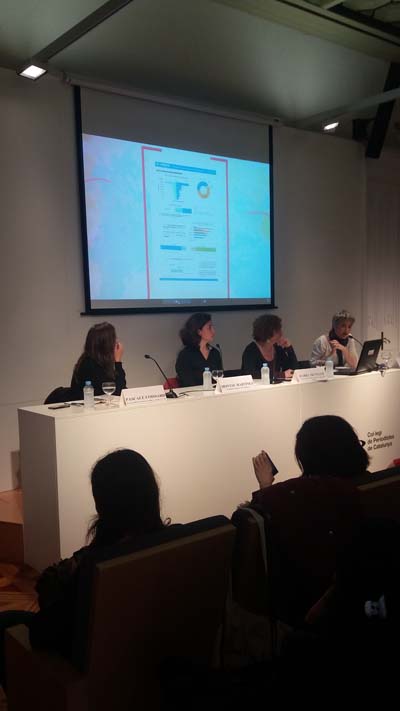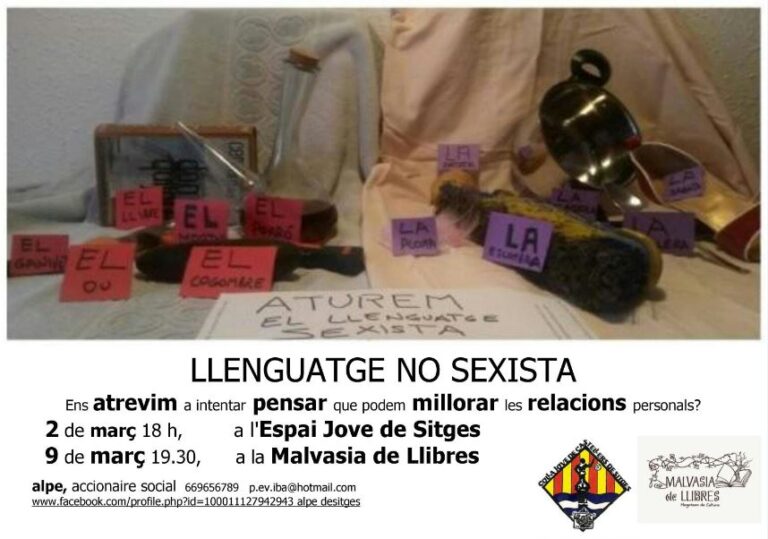(En elaboració )
Al desembre de 2013, l’Assemblea General de les Nacions Unides va adoptar una resolució històrica en la seguretat dels i de les periodistes i va proclamar el 2 de novembre com el Dia Mundial contra la Impunitat. Va ser la primera vegada que l’Assemblea General va aprovar una resolució dirigint-se directament a la seguretat dels periodistes i la qüestió de la impunitat.
International Day to End Impunity for Crimes Against Journalists: Break Cycle of Impunity – OSCE
In December 2013, the United Nations General Assembly adopted a landmark resolution on journalist safety and proclaimed 2 November as the International Day to End Impunity. It was the first time the General Assembly adopted a resolution directly addressing journalists’ safety and the issue of impunity
On the International Day to End Impunity for Crimes Committed against Journalists the OSCE Representative on Freedom of the Media, Dunja Mijatovi?, called on OSCE participating States to step up their investigations and identify and prosecute those who commit crimes against journalists. “Authorities throughout the OSCE region are failing to take action to reduce the high number of attacks against journalists, and they are failing to confront the issue of impunity,” Mijatovi? said.
“This date serves as a reminder of the collaborative effort necessary to bring issues of criminal impunity to light,” Mijatovi? said. “The grim facts are that nine out of every ten murders of journalists are never solved and that the vast majority of physical attacks against journalist are not investigated. These statistics alone show that we can never give up and never give in to the fight for journalists’ safety and media freedom.”
The long list of murdered journalists in the OSCE region in whose cases the perpetrators still remain at large includes, among many others, Slavko ?uruvija (1999), Georgy Gongadze (2000), Martin O’Hagan (2001), Milan Panti? (2001), Veronika Cherkasova (2004), Duško Jovanovi? (2004), Paul Klebnikov (2004), Elmar Huseynov (2005), Anna Politkovskaya (2006), Alisher Saipov (2007), Hrant Dink (2007), Natalya Estemirova (2009), Khadzhimurad Kamalov (2011), Akhmednabi Akhmednabiyev (2013), and Pavel Sheremet (2016).
In 2013 was established the IWMF Emergency Fund by to provide women journalists with a lifeline of support in times of crisis. Now more than ever, journalists around the world face real dangers as a result of their reporting.
The Emergency Fund is sustained with the support of individual donors to address the growing need to provide direct assistance to women journalists who are suffering.
The IWMF Emergency Fund provides women journalists with: small grants for psychological and medical care for incidents directly related to threats and crises caused by one’s work as a journalist; three months of temporary relocation assistance in the event of crisis or threat; legal aid to counter threats of imprisonment or censorship;
Non-financial assistance in the form of information about additional access to resources.
To be eligible for the IWMF Emergency Fund, candidates must meet the following criteria: Be a staff or freelance woman reporter, working in any medium, whose primary profession is journalism;Have worked full-time as a journalist within six months of applying for assistance; apply for assistance with a crisis situation directly connected to work as a journalist.
The International Women’s Media Foundation is a member of the Journalists in Distress (JID) Network, a group of 18 international organizations that provide direct assistance to journalists and media workers whose lives or careers are threatened because of their work. Each organization has its own mandate and criteria for emergency assistance; the Network does not engage in joint advocacy.







